Israel increases security
Following a series of threatening statements from the Houthi forces, Israel has significantly increased security measures for Prime Minister Benjamin Netanyahu and other senior officials, according to Israeli state television channel Kan.
Tensions between the two sides escalated sharply after an Israeli airstrike on the Yemeni capital Sanaa on August 28. The attack killed Yemeni Prime Minister Ahmed Ghaleb al-Rahawi and several ministers in the coalition government . In response, the Houthis claimed to have launched a ballistic missile at the Scarlet Ray oil tanker in the Red Sea, which they accused of having links to Israel.
According to Izvestia, Ansar Allah representatives said their response would be “targeted and devastating.” The group warned that key Israeli facilities, including Prime Minister Netanyahu’s residence, were on the list of potential targets. The Houthis insisted they would not act impulsively, but were planning “well-prepared and tactically effective” operations.
The Israeli airstrike not only caused human casualties, but also caused major changes in Yemen's political structure. According to Sergei Serebrov, a senior researcher at the Institute of Oriental Studies of the Russian Academy of Sciences, those killed were not only members of the Houthi movement, but also representatives of the National People's Congress Party, a political force that was once loyal to former President Ali Abdullah Saleh.
“If Israel’s goal was to weaken the non-Houthi elements of the coalition government, it can be said that they have achieved that. However, the direct consequence is that the Houthis’ power has been further consolidated,” Serebrov said.
Currently, Mohammed Miftah, a Houthi figure, has been appointed as acting prime minister. Serebrov noted that this change not only has an impact on the internal structure of the Yemeni government, but also increases the ideological element in the leadership, a trend that he considered “risky”, especially given the already contentious relations between the northern and southern territories of Yemen.
Israel’s direct airstrike on the administrative center of Sanaa is a rare and bold move that demonstrates its strategy of comprehensively confronting Iran-aligned forces in the region. However, this action may inadvertently shift the balance of power in Yemen against Tel Aviv, as more radical groups such as the Houthis continue to assert leadership and launch expanded military campaigns.
Conflict between Israel and Houthi escalates into direct confrontation?
The confrontation between Israel and the Ansar Allah (Houthi) movement in Yemen is entering a serious escalation phase, marking a new turning point in the security architecture of the Middle East. The Israel Defense Forces (IDF) said the recent airstrike on Ansar Allah’s military base in Sanaa was the “heaviest blow” to the movement’s leadership since the conflict began. Israeli Prime Minister Benjamin Netanyahu confirmed that most members of the Houthi-controlled government had been killed, and pledged to continue the military campaign until the entire Houthi leadership was eliminated.
In response, Houthi forces have increased attacks on Israeli targets, including a missile attack on Ben Gurion Airport and the cities of Tel Aviv and Ashkelon on August 22. According to Israeli media, this was the first time a cluster munition missile had been used from Yemen to attack Israeli territory. Israel responded with airstrikes on energy facilities in Sanaa.
The conflict was reignited in the spring after the collapse of the Gaza ceasefire. At its peak, the Houthis launched some 40 ballistic missiles and used dozens of drones against targets believed to be linked to Israel or its regional allies. However, the intensity of the attacks has decreased since direct conflict between Israel and Iran. Recent developments suggest that a new cycle of escalation is underway.
According to political analyst Sergei Serebrov, the current conflict has gone beyond the scope of national disputes and is increasingly interpreted within the prism of the “civilizational confrontation” between Islam and Zionism.
“Yemeni people do not see the Palestinian issue in purely ethnic or political terms, but as a civilisational struggle. Given its historical status as the cradle of Arab-Islamic civilisation, Yemen has the potential to trigger a wave of reactions across the Muslim world if the conflict with Israel erupts into a full-scale war,” he warned.
In this context, attacks on shipping in the Red Sea are expected to increase, not only targeting targets with ties to Israel, but also potentially extending to strategically valuable economic infrastructure, ports, and international shipping routes.
The current situation between Israel and the Houthis is no longer a local conflict but has expanded into a part of a broader strategic confrontation in the region. The Houthi movement's open military links to the war in Gaza, along with its ability to carry out cross-border attacks, are reshaping the main axes of confrontation in the Middle East, from Syria, Iraq, Yemen to the Red Sea.
An escalation that is left unchecked could trigger a chain reaction from forces in the Arab-Muslim world and pose a serious challenge to maritime security, the regional economy and the international order.
Hung Anh (Contributor)
Source: https://baothanhhoa.vn/xung-dot-israel-houthi-tu-tra-dua-quan-su-den-doi-dau-chien-luoc-260427.htm



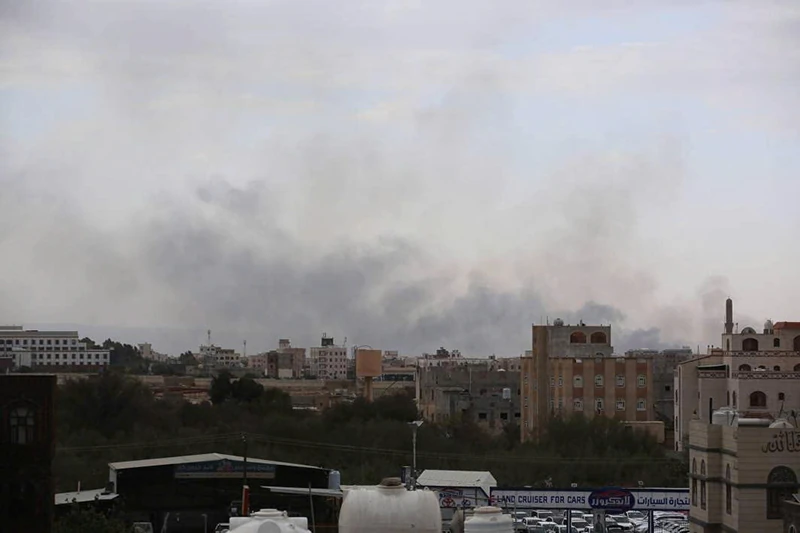
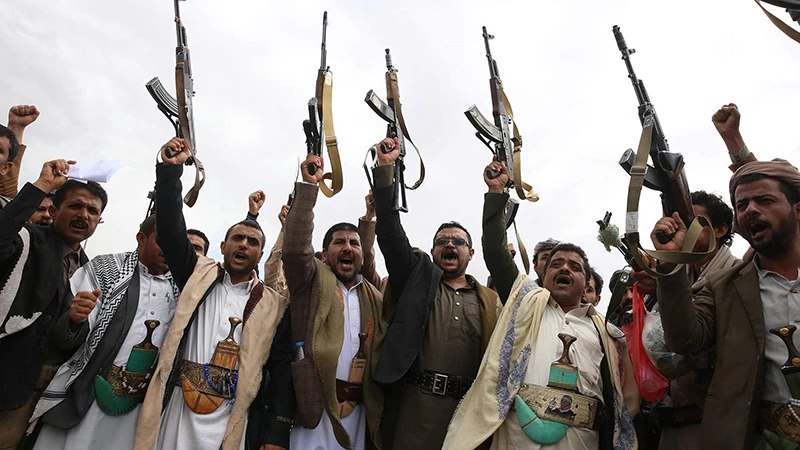
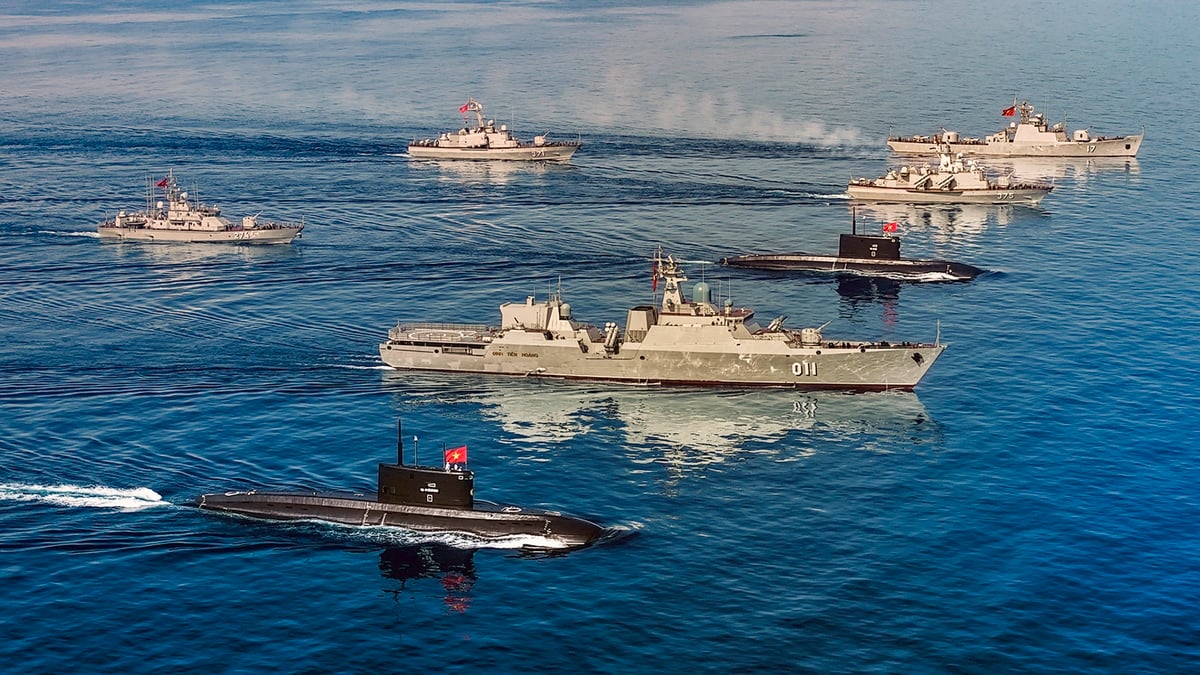
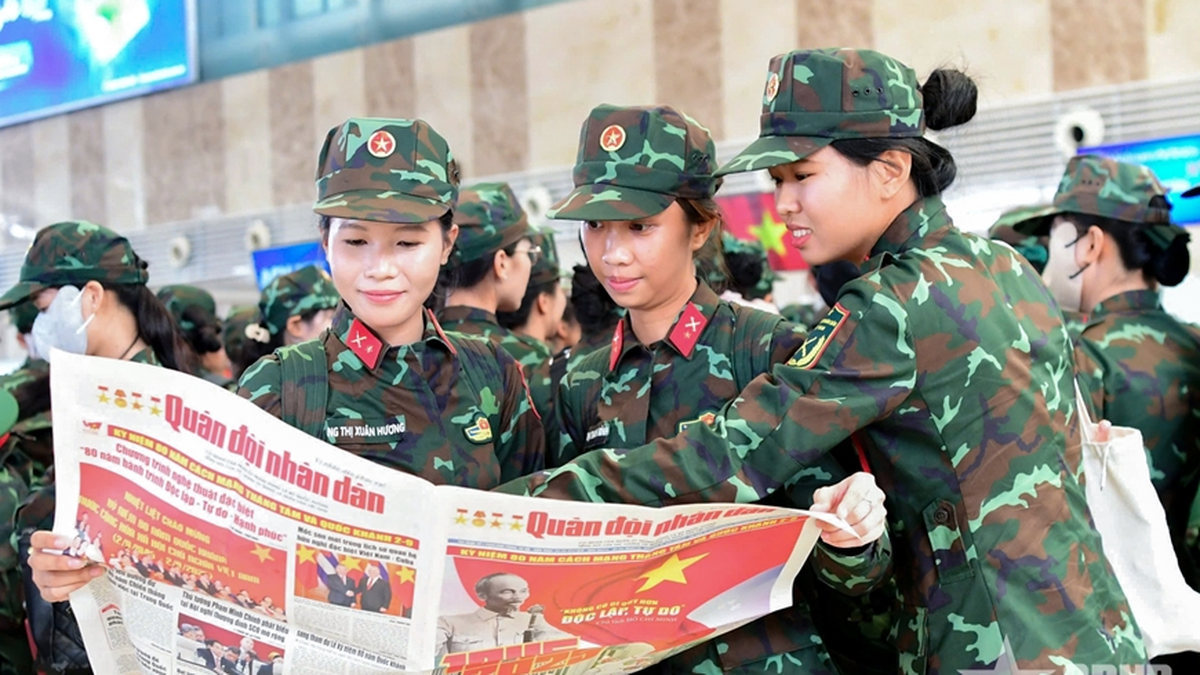
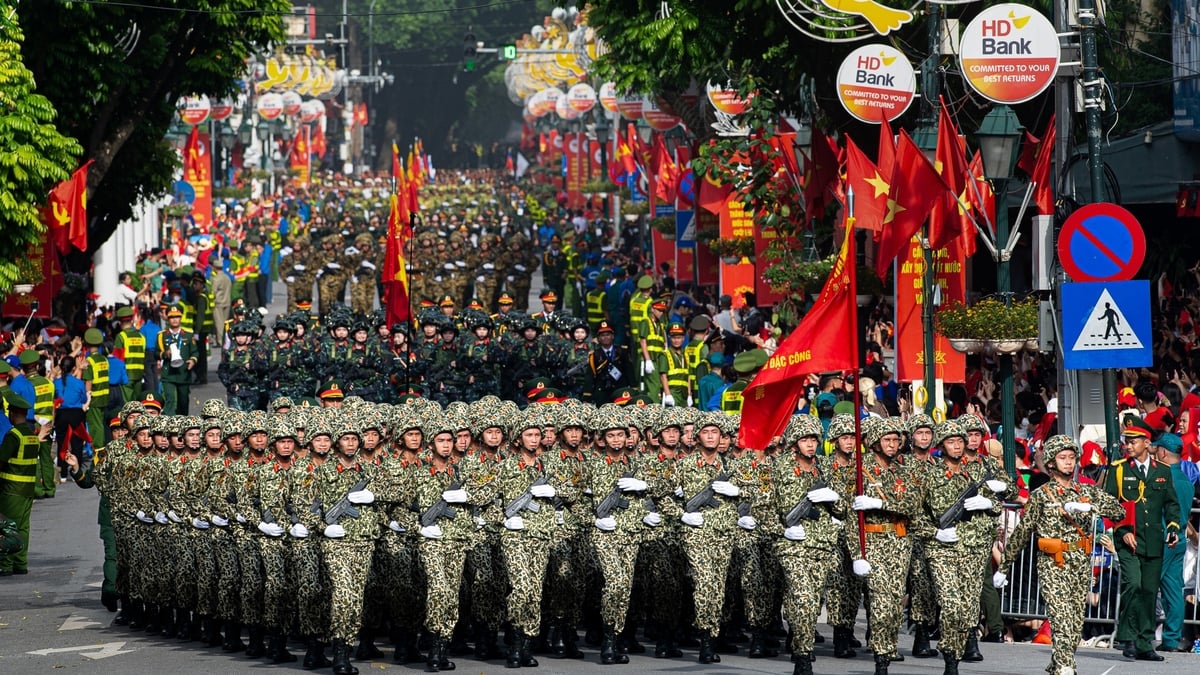
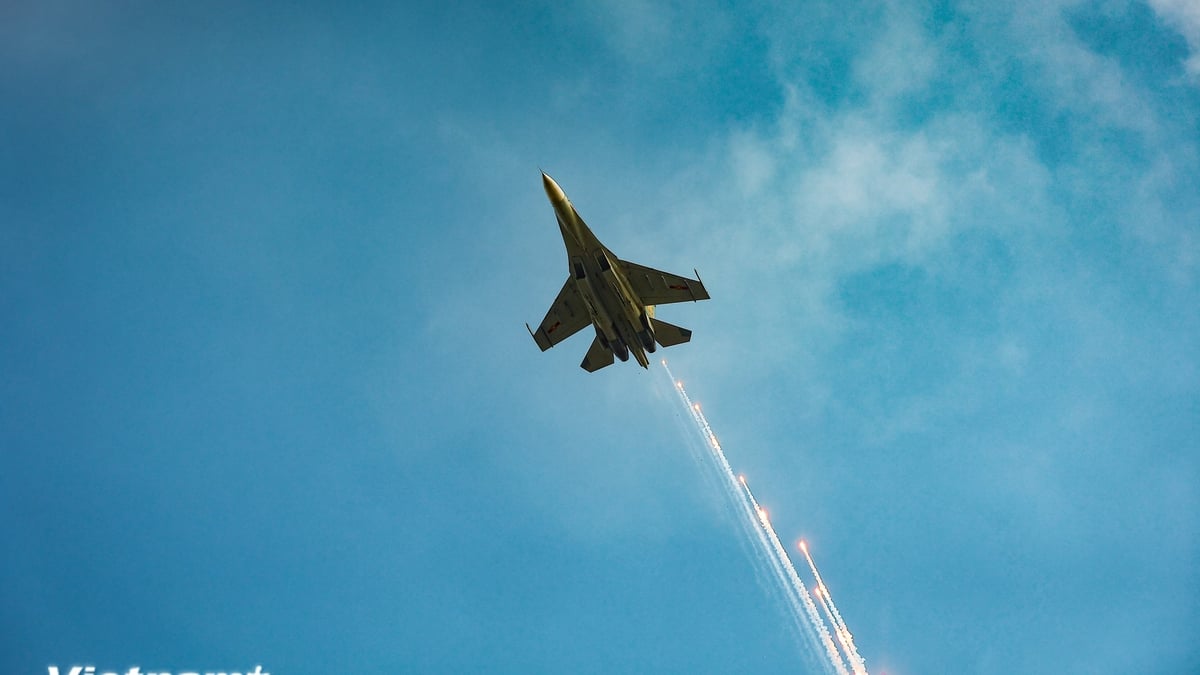





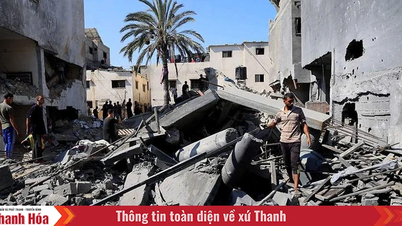
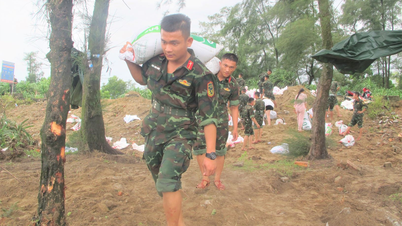

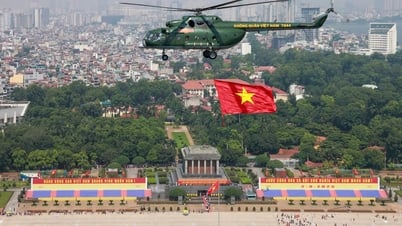




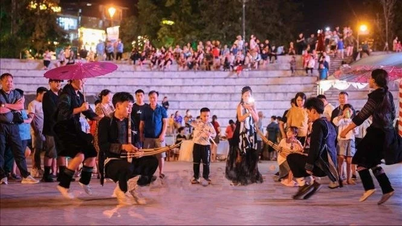







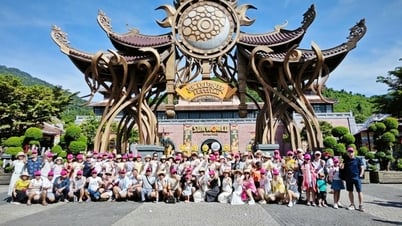
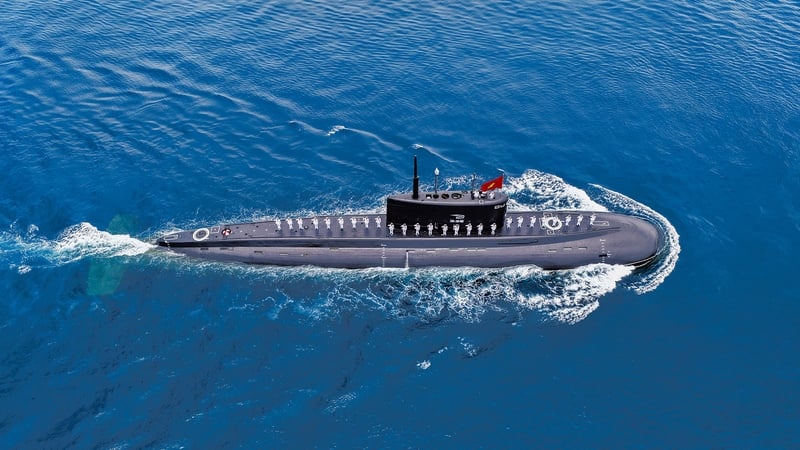
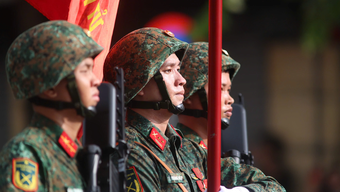
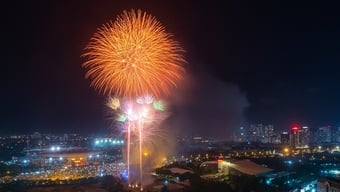









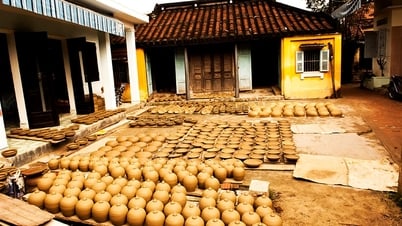








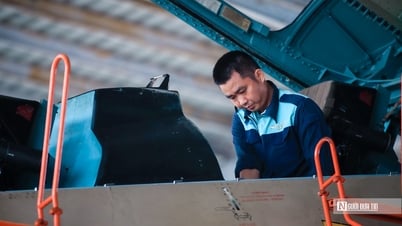

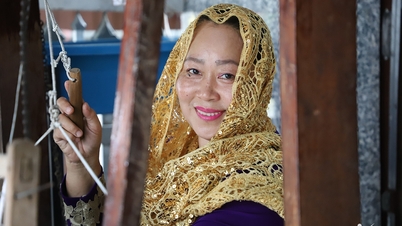












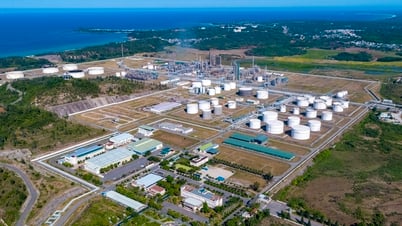

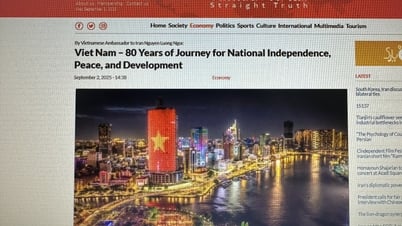

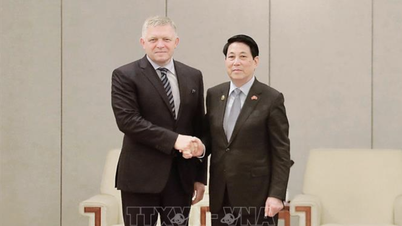

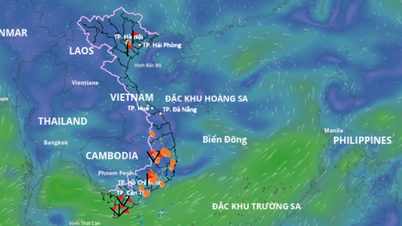


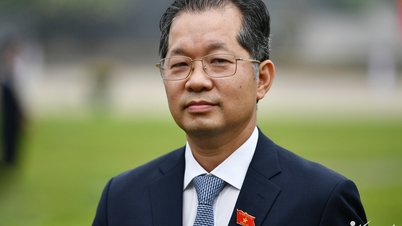



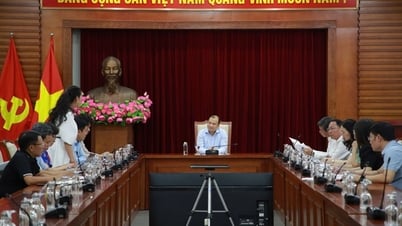
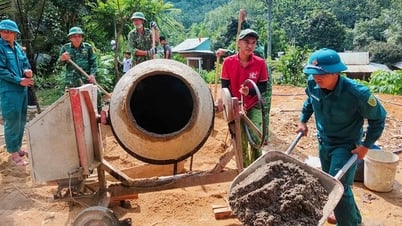
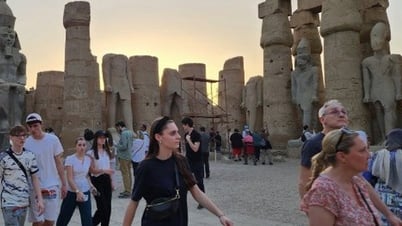


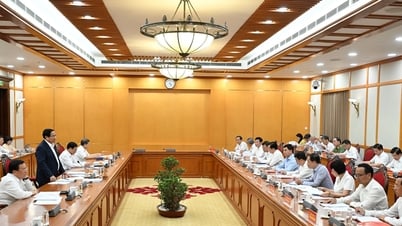




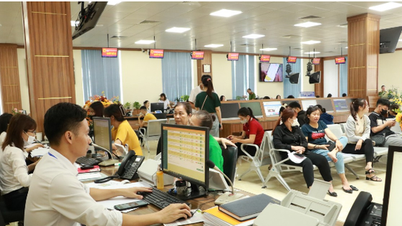




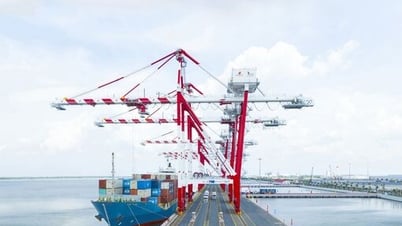

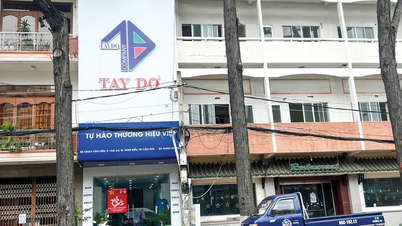










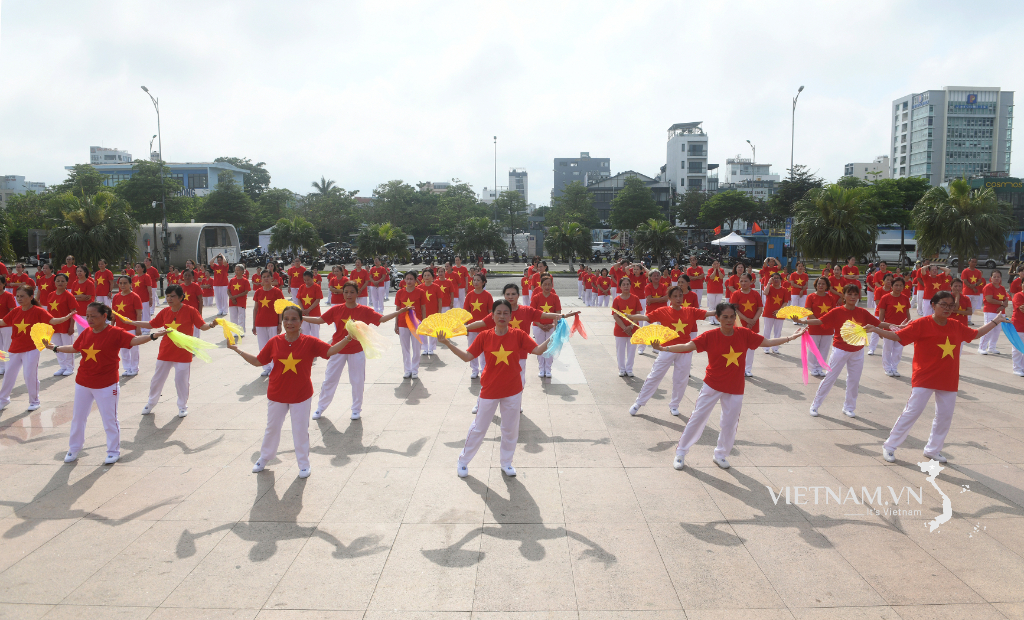

Comment (0)